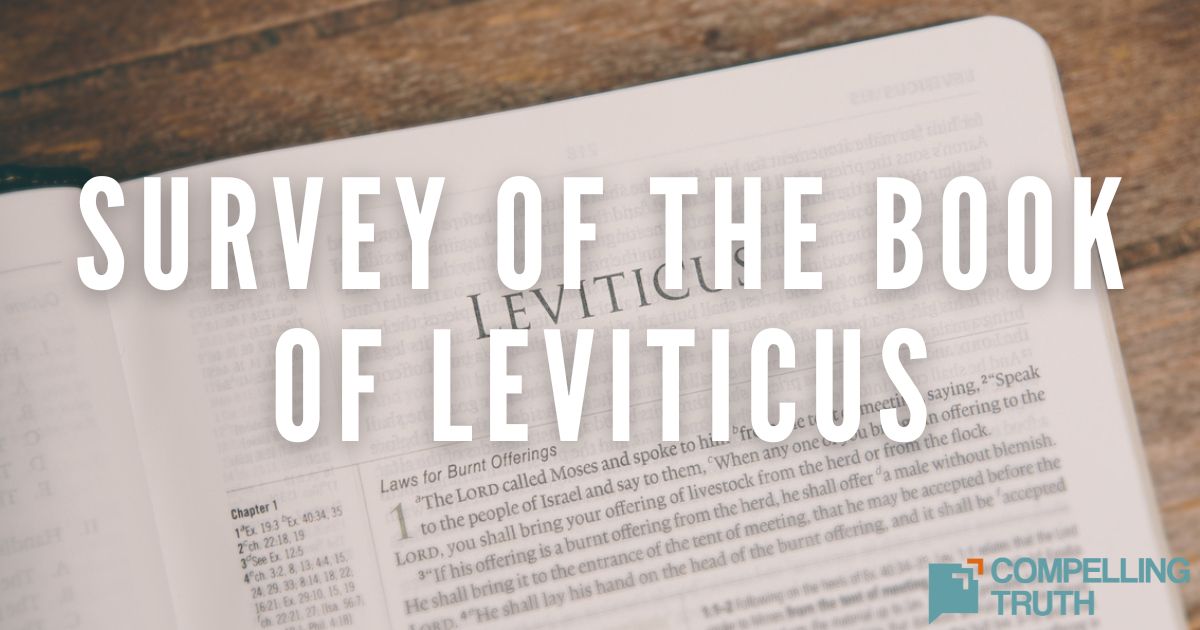The book of Hebrews powerfully declares the supremacy of Jesus Christ over every Old Testament system, priesthood, and sacrifice (1:1-3; 8:6). Written around AD 65 to Jewish believers under persecution, it urges them to hold fast to their faith and not return to the temporary rituals of the old covenant. Hebrews reveals that the sacrifices of the Law could only point to the true, once-for-all sacrifice of Christ, whose death and resurrection provide complete forgiveness and direct access to God (10:1-4; 9:12). The letter also calls believers to maturity, endurance, and unwavering trust in the Savior who is superior to all else (5:12-14; 6:1). Using vivid comparisons and rich Old Testament imagery, Hebrews shows Jesus as the perfect High Priest and mediator of a better covenant (4:14-15; 8:1-2). It warns against neglect, unbelief, and spiritual drift (2:1) while offering deep encouragement through examples of faith like those in Hebrews 11. Ultimately, Hebrews invites us to confidently draw near to God, knowing that Christ has secured eternal redemption and a kingdom that cannot be shaken (4:16).
The book of Hebrews provides encouragement, wisdom, and warnings for our journey with God. Hebrews 11 is full of stories of Old Testament heroes of the faith who persevered through great trials and still walked with God. They remind modern believers that God is always faithful, and no matter the difficulty of our circumstances, we can be confident in Him. These examples of faithful saints assure us that what God did to help them, He will also do for us.
Hebrews also warns of five specific dangers to our faith to look out for: neglect (Hebrews 2:1-4), unbelief (Hebrews 3:7—4:13), spiritual immaturity (Hebrews 5:11—6:20), lack of endurance (Hebrews 10:26-39), and refusing God who is speaking to us (Hebrews 12:25-29).
Hebrews is a rich epistle filled with encouragement, Christian doctrine, and wise warnings, focused on helping us to walk fearlessly with Christ. It reminds us about the coming Kingdom, which cannot be shaken: "Therefore let us be grateful for receiving a kingdom that cannot be shaken, and thus let us offer to God acceptable worship, with reverence and awe, for our God is a consuming fire" (Hebrews 12:28-29). Perhaps most importantly, the book of Hebrews shows us just how incredible our Lord Jesus Christ is and just how amazing is His gift of salvation. He is "the founder and perfecter of our faith, who for the joy that was set before him endured the cross, despising the shame, and is seated at the right hand of the throne of God" (Hebrews 12:2).
Key Verses:
Hebrews 1:1-2: "Long ago, at many times and in many ways, God spoke to our fathers by the prophets, but in these last days he has spoken to us by his Son, whom he appointed the heir of all things, through whom also he created the world."
Hebrews 2:3: "How shall we escape if we neglect such a great salvation? …"
Hebrews 4:12-13: "For the word of God is living and active, sharper than any two-edged sword, piercing to the division of soul and of spirit, of joints and of marrow, and discerning the thoughts and intentions of the heart. And no creature is hidden from his sight, but all are naked and exposed to the eyes of him to whom we must give account."
Hebrews 4:14-16: "Since then we have a great high priest who has passed through the heavens, Jesus, the Son of God, let us hold fast our confession. For we do not have a high priest who is unable to sympathize with our weaknesses, but one who in every respect has been tempted as we are, yet without sin. Let us then with confidence draw near to the throne of grace, that we may receive mercy and find grace to help in time of need."
Hebrews 10:12-14: "But when Christ had offered for all time a single sacrifice for sins, he sat down at the right hand of God, waiting from that time until his enemies should be made a footstool for his feet. For by a single offering he has perfected for all time those who are being sanctified."
Hebrews 10:23-25: "Let us hold fast the confession of our hope without wavering, for he who promised is faithful. And let us consider how to stir up one another to love and good works, not neglecting to meet together, as is the habit of some, but encouraging one another, and all the more as you see the Day drawing near."
Hebrews 11:1: "Now faith is the assurance of things hoped for, the conviction of things not seen."
Hebrews 11:6: "And without faith it is impossible to please him, for whoever would draw near to God must believe that he exists and that he rewards those who seek him."
Hebrews 12:1-2: "Therefore, since we are surrounded by so great a cloud of witnesses, let us also lay aside every weight, and sin which clings so closely, and let us run with endurance the race that is set before us, looking to Jesus, the founder and perfecter of our faith, who for the joy that was set before him endured the cross, despising the shame, and is seated at the right hand of the throne of God."
Hebrews 13:8: "Jesus Christ is the same yesterday and today and forever."




